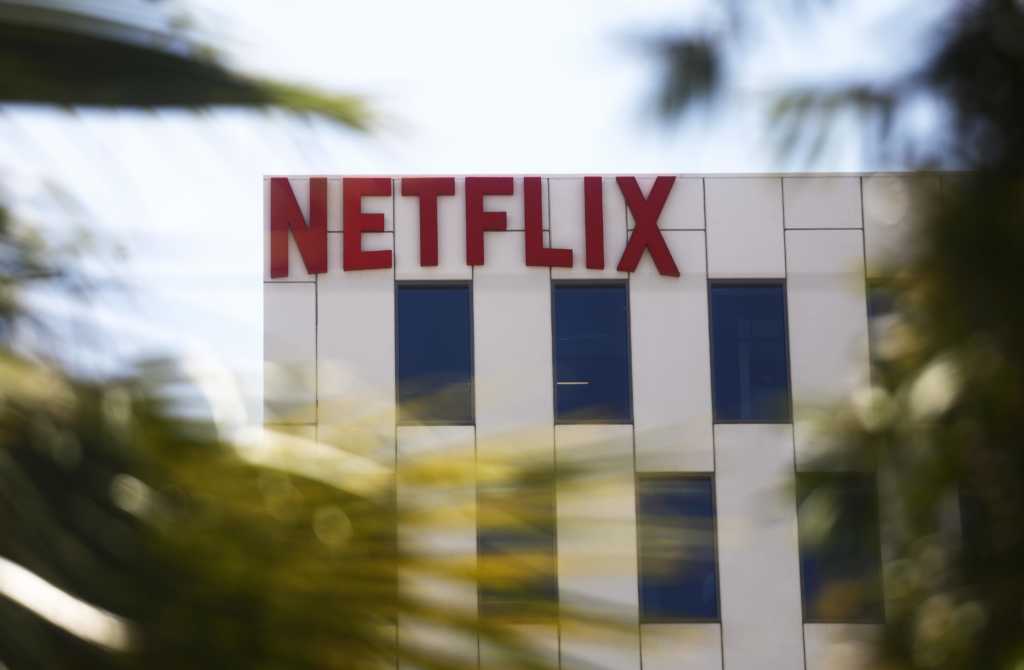Hollywood kicked things off with actresses like Jessica Chastain and Sophie Turner signing a boycott letter saying they refused to work in states like Georgia, which recently passed a law restricting abortion after six weeks into pregnancy.
Next came the companies: Netflix and Disney, among others, both of which said they would reconsider filming and production in the Peach State should the law take effect.
The Georgia law, which bans abortion after a heartbeat is detected, is among the most restrictive pro-life bills in the country. It’s a stark contrast to pro-abortion laws present in progressive enclaves like New York City, where abortion is legal for virtually any reason nearly until birth.
Several celebrities, at the behest of actor Alyssa Milano, along with a slew of major companies, have jumped at the opportunity to boycott Georgia — known as the “Hollywood of the South” — for its “extreme” position on abortion. But do these actors and businesses understand the short and long-term effects their virtue signaling will have on both their bottom line?
In fiscal year 2018 alone, Georgia was home to nearly 500 film and TV production projects, according to the Atlanta Journal-Constitution. It garnered just shy of $3 billion of direct spending in the southern state.
If Hollywood production leaves Georgia altogether, the state would potentially lose around $9.5 million in economic benefits, hurting citizens who have no ties whatsoever to the pro-life law.
Not only that, these individuals and companies exist in an echo chamber, failing to recognize the majority of Americans actually support substantive restrictions on abortion.
While it may be popular for companies to take a stand on controversial, cultural issues, they usually don’t benefit all that much from doing so. For example, Dicks Sporting Goods lost $150 million last year for halting its sale of certain kinds of firearms, a decision that was politically motivated.
The reality is, the U.S. is becoming more pro-life overall and progressive media and elite celebrities are falling behind that cultural shift.
As technology advances and medical capabilities expand, the age of viability — once the gold standard in determining personhood — is trending increasingly younger, showcasing the indisputable humanity of the unborn.
Medical technology is improving to save younger and smaller preemies. In late May, the world’s smallest surviving premature infant, nicknamed Saybie, went home healthy after spending months in a San Diego hospital. And ultrasound technology continues to progress, giving us ever-clearer glimpses at life in the womb, where we know hearts begin beating less than three weeks after conception and full slates of DNA are charged the minute sperm meets an egg.
The pro-abortion movement is fighting a losing battle. Boycotting states like Georgia only harms the state, its citizens, and prolongs the human rights struggle for the unborn. One day in the near future, this will be a stain on their history that won’t be easily erased.


